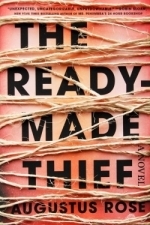Hotel Scarface
Book
Miami, December 31, 1979. Lock your doors. Watch your backs. Raise your glasses. Miami is about to...
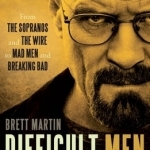
Difficult Men: From The Sopranos and The Wire to Mad Men and Breaking Bad
Book
In the late 1990s and early 2000s, a wave of TV shows, first on premium cable channels like HBO and...
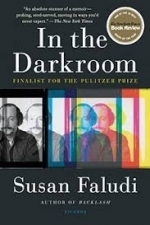
In the Darkroom
Book
From the Pulitzer Prize-winning journalist and best-selling author of Backlash, an astonishing...
Biography memoir social issues
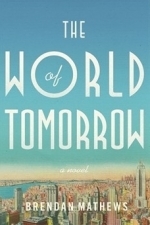
The World of Tomorrow
Book
Three brothers caught up in a whirlwind week of love, blackmail, and betrayal that culminates in an...
Fiction
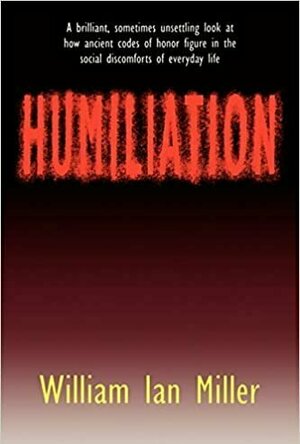
Humiliation: And Other Essays on Honor, Social Discomfort and Violence
Book
How do we feel when our friend turns up with a holiday present and we have nothing ready to give in...

Podbean Podcast App & Player
News and Entertainment
App
Podbean Podcast App is top trending podcast apps of global best 2016 in iTunes Store and also...
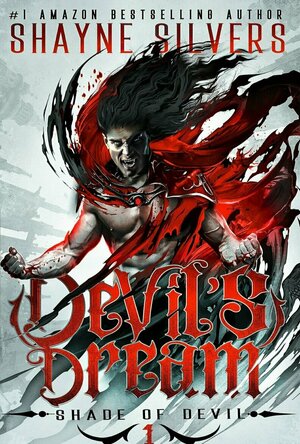
Devil's Dream: Shade of Devil Book 1
Book
The greatest trick the First Vampire ever pulled was convincing the world that he didn’t exist. ...
Heather Cranmer (2721 KP) created a post
Sep 15, 2021
Jamie (131 KP) rated The Ready-Made Thief in Books
Aug 15, 2017
“An ordinary object elevated to the dignity of a work of art by the mere choice of an artist.”
It’s art if the artist says that it is art. There are connections if that’s what you want to see. Duchamp’s life and work are threaded throughout the story, even some very small references that are easy to miss, and this was actually pretty awesome. The study of Duchamp’s work I think made for an interesting aspect of the story, and I liked the ideas about the fanatical secret society and the dark sort of humor to the plot.
I have to commend Augustus Rose for his skill in creating a narrative flow that was so easy to take in. For the first half of the book Lee appears lost, like she’s treading water. It had a dream-like feel to it as Lee drifts in and out of different events. As the story goes on and the mystery starts to unravel Lee finds herself completely immersed. This steady shift in tone is reflected beautifully in both the pacing and the prose, from a drug-fueled haze to cold sobriety.
So why do I feel so undecided about this book? The devil is in the plot itself, which to me felt like it had too many holes and not well developed enough at points. Most of the Crystal Castle plot feels like it was thrown out of the window and I found it underwhelming. Then there was Tomi, the hacker. If there is one thing that is difficult to write about hackers and the deep web. I won’t go into many details about it due to spoilers, but there were a lot of pieces of this portion of the plot that was just plain illogical and almost pointless. I even checked with a friend of mine that is a student in cyber security to be sure. Frankly the deep web is almost romanticized in the book when it really shouldn’t be.
Also while I know that convenience was important for creating the dreamy flow that I mentioned earlier, a lot of things seemed a little bit too convenient to be believable a lot of the time. A good portion of the plot was easy to predict, but I was still compelled to read because I wanted to know more of the why than the what.
This book was a pretty cool read overall if you can get over the hangups that I had. It is the type of book that will leave you feeling confused right along with the main character throughout the entire book. All in all it was a mixed bag of mostly good things. It’s definitely an experience and worth the read in the very least to appreciate the tone and the feel of the writing which was really great. It’s the type of story I could easily see adapted to a television drama that I would watch in a heartbeat.
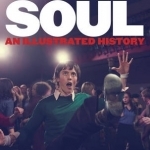
Northern Soul: An Illustrated History
Elaine Constantine and Gareth Sweeney
Book
The story of Northern Soul is one of practically total immersion, dedication and devotion, where the...

